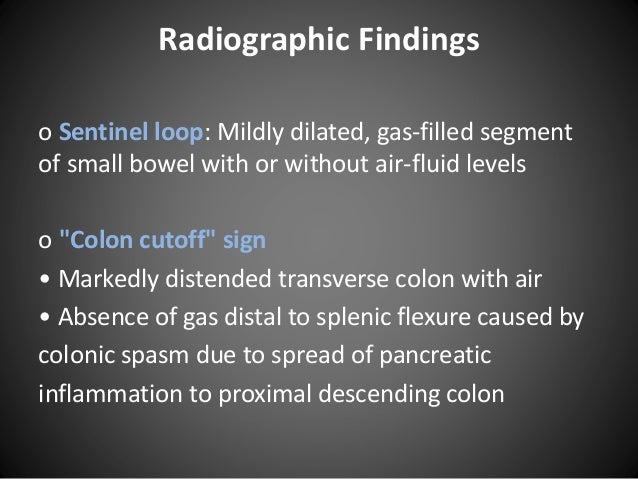

Fluids help your muscles contract and relax and keep muscle cells hydrated and less irritable. The amount depends on what you eat, your sex, your level of activity, the weather, your health, your age and medications you take. You might be at higher risk of muscle cramps if you have diabetes, or nerve, liver or thyroid disorders.

Muscle cramps also are common during pregnancy.

Athletes who become fatigued and dehydrated while participating in warm-weather sports frequently develop muscle cramps. Older people lose muscle mass, so the remaining muscle can get overstressed more easily. Diuretics - medications often prescribed for high blood pressure - also can deplete these minerals.įactors that might increase your risk of muscle cramps include: Too little potassium, calcium or magnesium in your diet can contribute to leg cramps. Walking in a slightly flexed position - such as you would use when pushing a shopping cart ahead of you - may improve or delay the onset of your symptoms. The pain usually worsens the longer you walk. Compression of nerves in your spine (lumbar stenosis) also can produce cramp-like pain in your legs. These cramps usually go away soon after you stop exercising. Narrowing of the arteries that deliver blood to your legs (arteriosclerosis of the extremities) can produce cramp-like pain in your legs and feet while you're exercising. In many cases, however, the cause isn't known.Īlthough most muscle cramps are harmless, some may be related to an underlying medical condition, such as: Overuse of a muscle, dehydration, muscle strain or simply holding a position for a prolonged period can cause a muscle cramp.


 0 kommentar(er)
0 kommentar(er)
